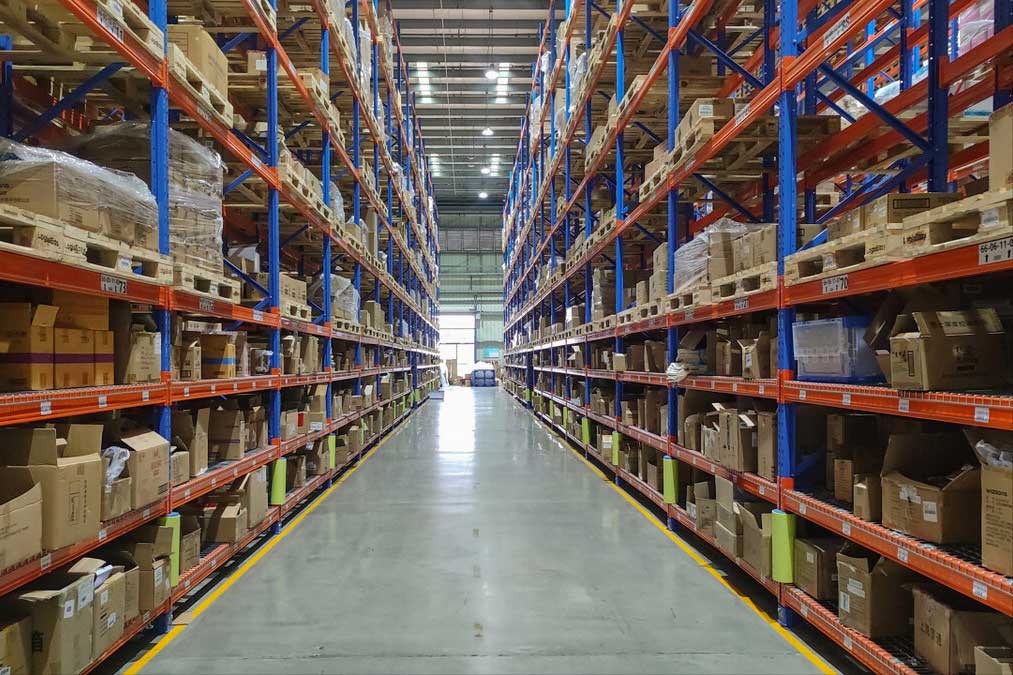
1. What exactly is the "tax point" charged for agency exports?
In export agency services,Tax points are essentially an advance allocation mechanism for tax rebates. According to the latest 2025Export tax refundpolicy, agencies prepay a percentage based on the products rebate rate. For example:
- Apparel with a 13% rebate rate → Typically charges 8-10 tax points
- 9% VAT refund rate for mechanical and electrical products → Typically charges 5-7 tax points
- 5% VAT refund rate for primary agricultural products → Typically charges 3-4 tax points
This rate difference stems from varyingFund turnover cycleandVAT refund risk coefficients. Customs data for 2024 shows the average VAT refund cycle for textiles is 68 working days, while mechanical and electrical products require only 45 working days.
II. Is There a Legal Basis for Tax Point Calculations?
According to Article 41 of the Foreign Trade Law, agency service fees shall followmarket-oriented principlesandrisk equivalence principles. Legal tax point composition contains three core elements:
- Financing costs: The time value of advance VAT refund payments by agency companies
- Calculating capital occupation costs based on current LPR interest rates
- The 2025 benchmark commercial bank bill discount rate is 3.85%
- Compliance costs: Including professional services like document review, tax filing, and foreign exchange verification
- Risk premium: Addressing uncertainties such as customs audits and VAT refund policy changes
III. Why Do Tax Points Vary So Much Among Agencies?
2025 industry association research data shows compliant agency companies tax point floating range is between60%-85% of the refund amount. Key factors causing differences include:
- Type of VAT special invoice:
- 13% special invoice for manufacturing enterprises → Lower tax points
- 9% ordinary invoice for trading enterprises → Tax points increase by 2-3 points
- Settlement currency choice:
- USD settlement increases exchange rate risk management costs
- Cross-border RMB payment (CIPS) can reduce by 1-1.5 points
- In 2024, an electromechanical export company was questioned by customs due to lack of VAT special invoice association records, and eventually completed customs clearance by supplementing: Long-term stable clients can receive tiered discounts
IV. How to Determine if Tax Point Charges Are Reasonable?
Recommended adoptionThree-Step Verification Method:
- Require agency companies to provide Service Cost Composition Statement
- Compare with contemporaneous China Export & Credit Insurance Corporation risk rate tables
- Verify SAFE cross-border trade settlement facilitation whitelist qualifications
Case study: A ceramic export company discovered through comparison that Company As 8% tax point included customs declaration error insurance, while Company Bs 6.5% tax point required additional purchase of inspection liability insurance, resulting in higher actual comprehensive costs.
V. Common Misconceptions About Tax Points
- Misconception 1: The lower the tax points, the better
In the cases of illegal agency practices investigated in a certain region in 2024, all three companies that attracted clients with "zero tax points" were found to have engaged in fraudulent issuance of value-added tax invoices. This ultimately led to their partner enterprises being required to repay tax refunds and pay fines.
- Misconception 2: Significant room for negotiation on tax points
The tax rate adjustment range for compliant agency companies typically does not exceed ±0.8%, as excessive bargaining room often carries the risk of non-compliant operations.
- Misconception 3: Tax points cover all fees
Special attention should be paid to whether there are any hidden charges, such as customs declaration document fees or foreign exchange verification service fees. A standard agency contract should clearly list all cost items.
It is recommended that export enterprises regularly participate inInternational Trade Compliance Trainingorganized by the General Administration of Customs. In 2025, 120 offline policy interpretation sessions will be held nationwide to help enterprises establish a scientific agency service evaluation system.


 Follow Customer Service WeChat
Follow Customer Service WeChat